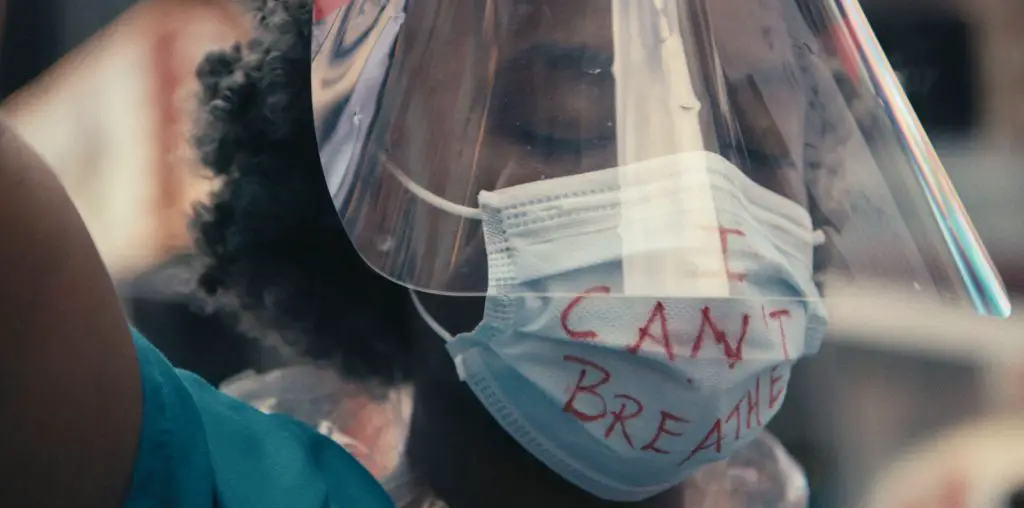
Hall of Famer Cap Anson is said to have personally instituted Major League Baseball’s ban of Black ballplayers when he refused to take the field against Toledo Blue Stocking catcher Moses Fleetwood Walker in 1887. From that point on it was only a matter of time before Black players disappeared from the “official” rosters of Professional Baseball. Spurred on by the racism and iron handed dictatorship of Baseball Commissioner Kenesaw Mountain Landis, no African American would play Major League baseball until Jackie Robinson joined the Brooklyn Dodgers in 1947.
Nevertheless, Black baseball thrived around the country in the form of barnstorming teams and eventually organized Negro leagues. In the off season, Black All Star teams would often face off against their white counterparts, and from every indication they more than held their own. These games would offer heated contests between all time greats like Dizzy Dean and Satchel Paige. Sadly, the great Black players of this era were widely recognized not by their own names but as Black counterparts to the accepted white stars of the era. Oscar Charleston and Josh Gibson were forever to be known as the Black Ty Cobb and the Black Babe Ruth respectively.
One thing that racism couldn’t erase was the joy and the romance of the Negro Leagues. Because Black ballplayers were rarely filmed, rarely chronicled, and most of the Leagues statistics amounted to somebody’s best guess, the Negro Leagues enjoy an almost mythical nature. Was Cool Papa Bell fast enough to hit a light switch and get back into bed before said light was extinguished? How many home runs did Josh Gibson hit? Did Satchel Paige really regularly strike out the side while his fielders sat passive and watched? It’s anybody’s guess, but the charm of the era is all we have to combat the bitterness of the great ballplayers who languished in obscurity, while white players of equal and lesser talent were built up as baseball immortals.
“The Bingo Long Traveling All Stars and Motor Kings” trades on this romance and brings back the spirit, pride and showmanship of the era. Billy Dee Williams plays Bingo Long (read Satchel Paige) to James Earl Jones’ Leon Carter (read Josh Gibson). When a teammate of Long’s is beaned by a pitch and rendered useless to his greedy owner, Long and Carter decide to abandon the Negro Leagues and barnstorm the Country with a number of other talented Negro League vets. It goes without saying that their previous employers are not very pleased with this rebellion.
This isn’t a great film by any means, but its heart is in the right place. Billy Dee Williams shows off all the considerable charm and swagger he possessed before selling himself out to pitch Colt 45, and James Earl Jones, Richard Pryor, and the rest of the cast are mostly successful at portraying the brotherhood and Harlem Globetrotteresque clowning of the barnstorming athlete.
Nevertheless, the truly great chronicle of the Negro Leagues and the color line has yet to be filmed. 1950’s Jackie Robinson Story is notable for an intense performance by Robinson himself, but the film is cheaply made, and the period’s inability to match the profanities of the times makes the whole thing seem a little silly. “Don’t Look Back: The Story of Leroy “Satchel” Paige” with Louis Gossett Jr. is worth checking out if you can find it, as is “The Court Martial of Jackie Robinson” featuring a strong performance by the estimable Andre Braugher. Last I heard, Spike Lee and Ken Burns were sniping back and forth about who should film the much needed update of the Jackie Robinson saga, with neither one seeming able to muster up the necessary funds. Here’s hoping it gets made, and justice is done to Robinson’s steely will and accomplishment.
